
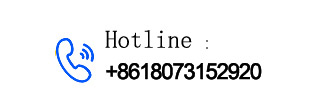
— Blogs —
—Products—
 Consumer hotline +8618073152920
Consumer hotline +8618073152920 WhatsApp:+8615367865107
Address:Room 102, District D, Houhu Industrial Park, Yuelu District, Changsha City, Hunan Province, China
Product knowledge
Time:2025-11-05 14:40:44 Popularity:497
Imagine managing a thousand-acre farm where every drop of irrigation water impacts crop yield—or operating a photovoltaic power station where wind speed, temperature, and dust directly affect generation efficiency.
In these scenarios, real-time, accurate weather data isn’t a luxury—it’s the core of efficient project operations. Selecting the right Automatic Weather Station (AWS) not only ensures precise environmental data collection but also enables automated control, data-driven decisions, and long-term cost savings.
This article provides a professional, systematic selection guide across seven key areas: measurement parameters → communication methods → power configuration → installation & maintenance → budget planning.
The first step in selection is clarifying your monitoring objectives. Different projects have vastly different weather data needs:
- Smart Agriculture: Focus on soil moisture, rainfall, temperature/humidity, solar radiation—guiding irrigation and fertilization.
- Renewable Energy Stations: Prioritize solar irradiance, wind speed/direction, ambient temperature, and dust accumulation.
- Hydrology & Water Resources: Monitor rainfall, evaporation, and water level changes.
- Environmental & Industrial Monitoring: Add barometric pressure, PM2.5/PM10, CO₂, and other air quality sensors.
Niubol weather stations feature modular design, allowing flexible sensor configuration for multi-industry applications.
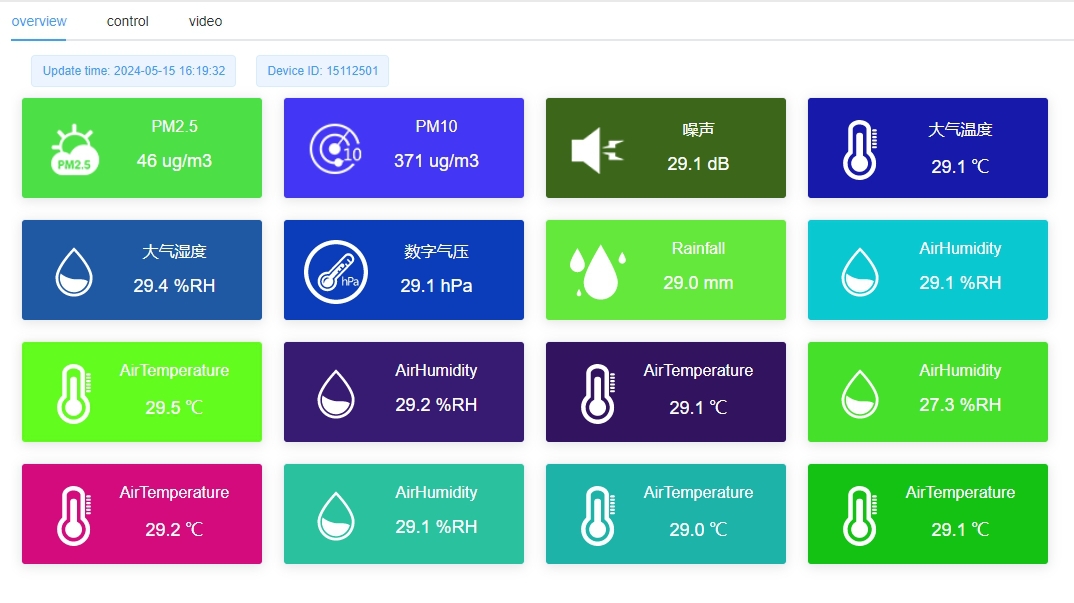
The core of a weather station is “what to measure.” Choosing the right sensor combination ensures data is real, valid, and actionable.
- Temperature & Humidity Sensors: Foundation for all applications—recommend digital probes with ±0.2°C and ±2% RH accuracy.
- Wind Speed & Direction Sensors: Ultrasonic models with no mechanical parts—more durable and maintenance-free.
- Rain Gauges: Tipping bucket design; Niubol uses stainless steel or ABS anti-corrosion materials.
- Solar Radiation / PAR Sensors: Critical for PV stations and greenhouse farming.
- Barometric Pressure Sensors: For weather forecasting and atmospheric modeling.
- Soil Parameter Sensors: Monitor soil moisture, temperature, and conductivity—key for smart irrigation systems.
Tip: Start with core weather parameters and expand later. Niubol AWS supports flexible upgrades for long-term scalability.
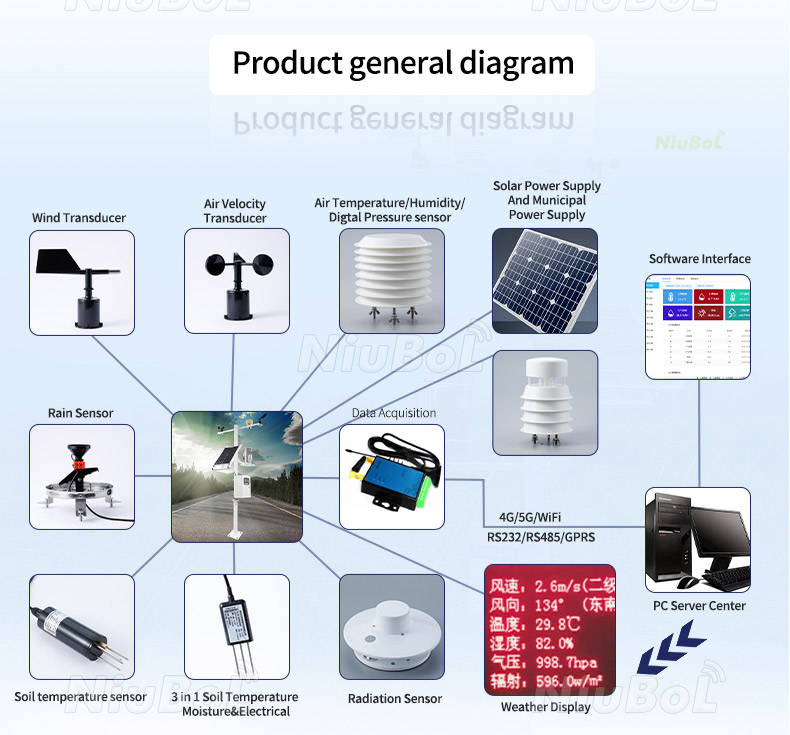
Reliable data transmission is key to stable weather monitoring. Different environments require different communication technologies.
- RS485/Modbus: Ideal for short-range wired transmission and industrial system integration.
- LoRa/LoRaWAN: Long-range, low-power—perfect for large farms or areas without network coverage.
- 4G/5G Cellular: Supports cloud upload and remote access—preferred for distributed monitoring.
- Wi-Fi/Ethernet: Suitable for fixed sites, campuses, or research settings.
Niubol has deployed AWS systems in over 60 countries, commonly using LoRa for local transmission + 4G for cloud upload, balancing range and real-time performance.
Power design directly affects continuous operation. Choose based on your environment:
- Solar + Battery System: First choice for outdoor projects. 60–100W solar panels + 12V batteries ensure uninterrupted operation.
- AC Power: For factories, urban monitoring, or fixed installations.
- Hybrid Power System: Combines solar and grid power for enhanced reliability.
Niubol’s solar power systems are optimized for stable operation even in rainy or low-light regions.
Even the best sensors produce inaccurate data if improperly installed. Follow international standards during setup.
- Temperature/Humidity: 1.5–2 meters above ground
- Wind Speed/Direction: 10 meters high
- Rain Gauge: 1 meter above ground, away from obstructions
Choose open areas—avoid buildings, trees, or reflective surfaces.
Prefer stainless steel or aluminum alloy—corrosion-resistant and weatherproof.
Niubol weather stations use modular design—on-site assembly in about 30 minutes.
Niubol provides remote installation guidance and online calibration support.
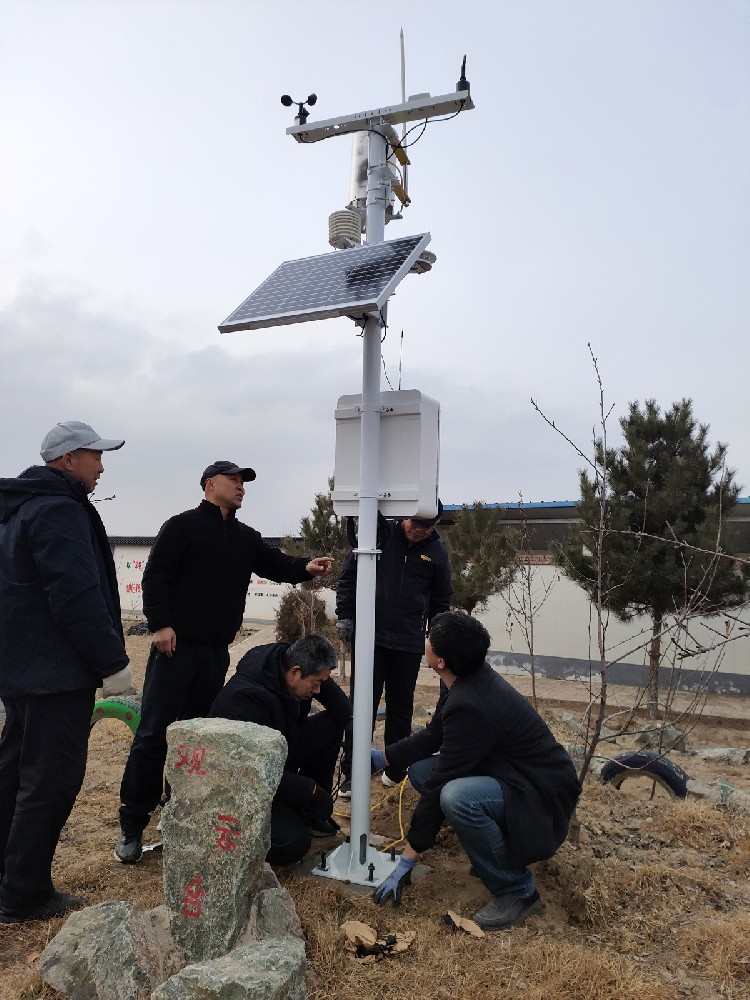
A reasonable budget should consider data accuracy, system durability, and scalability.
| Application Scenario | Recommended Configuration | Budget Range (CNY) |
| Basic Weather Monitoring | Temperature/humidity + rainfall | ¥6,000–¥12,000 |
| Smart Agriculture | Add soil and light sensors | ¥12,000–¥15,000 |
| PV/Wind Power Projects | Add wind speed, irradiance, and dust monitoring | ¥15,000–¥20,000 |
| Research-Grade System | Full sensors + data logger + cloud platform | ¥20,000+ |
Investing moderately in a high-quality system yields higher returns in maintenance and data reliability over time.
Many project teams overlook these issues early on:
- Ignoring installation environment: Nearby obstructions or ground reflections skew accuracy.
- Focusing only on price, not precision: Low-cost devices often lack calibration and support.
- Incompatible communication protocols: Non-standard interfaces prevent platform integration.
- No maintenance plan: Sensors require regular calibration and cleaning.
- Lack of scalability: Upgrades double costs later.
Modern AWS doesn’t just collect data—it integrates with systems for visualization and decision support.
- Local Storage: Automatically saves data during network outages to prevent loss.
- Cloud Platform: Real-time viewing, analysis, and alert push.
- API Integration: Seamlessly connects with irrigation systems, SCADA, or energy platforms.
- Mobile Access: View weather and soil data anytime—boosting management efficiency.
Niubol Cloud supports multi-language interfaces, data visualization, and API access—ideal for global projects.
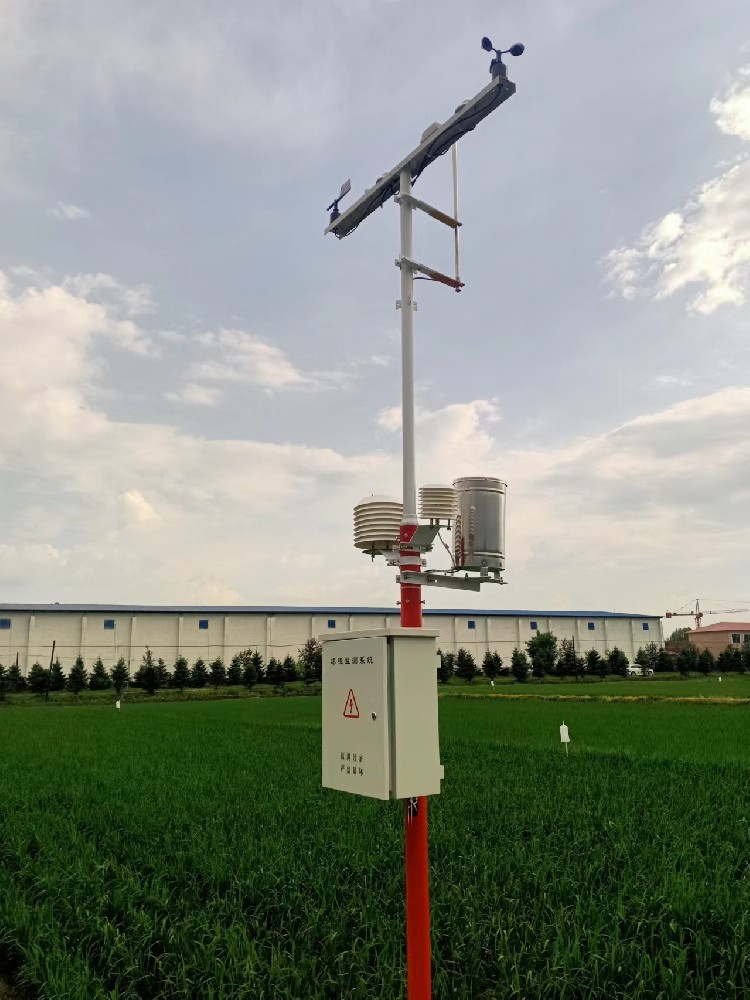
A weather station isn’t just equipment—it’s a long-term reliable system. The supplier’s expertise and service determine project success.
- Over 10 years of IoT and weather monitoring experience
- Sensors verified to WMO and ISO standards
- Projects across Asia, Africa, South America, and the Middle East
- Modular design, rapid customization, and global technical support
Niubol weather stations are widely used in agriculture, hydrology, energy, and research—delivering high-precision, low-maintenance, scalable monitoring systems.
Automatic stations use sensors and data loggers for autonomous monitoring and upload, reducing human error and intervention.
Recommended every 6–12 months, depending on the environment.
Yes. Niubol systems support plug-and-play modular expansion.
Niubol’s solar systems offer 7–10 days of autonomy, operating normally even in rainy weather.
Yes. Niubol offers OEM branding for integrators and distributors.
Via 4G/LoRa/Wi-Fi upload to Niubol Cloud or your server—accessible on phones and computers in real time.
Niubol devices operate from -40°C to +85°C with IP65 protection.
Simply clean sensor surfaces, check solar panels, and inspect mounts for long-term stable use.
Choosing the right automatic weather station requires balancing measurement needs, communication, power design, installation environment, and budget. By following a scientific selection process, your system will not only collect accurate data but also operate reliably long-term—providing solid data support for project decisions.
Niubol has delivered customized weather monitoring solutions for agriculture and energy projects in the Philippines, Colombia, Mongolia, and beyond.
We believe: Accurate data drives smarter decisions and higher returns.
Learn more: Niubol Automatic Weather Station Solutions
Niubol — Making Data More Reliable, Decisions Smarter.
Prev:Recommended Best Anemometers for Solar and Wind Energy Projects
Next:How to Buy a Reliable Weather Station: Key Features and Price Comparison
Related recommendations
Sensors & Weather Stations Catalog
Agriculture Sensors and Weather Stations Catalog-NiuBoL.pdf
Weather Stations Catalog-NiuBoL.pdf
Related products
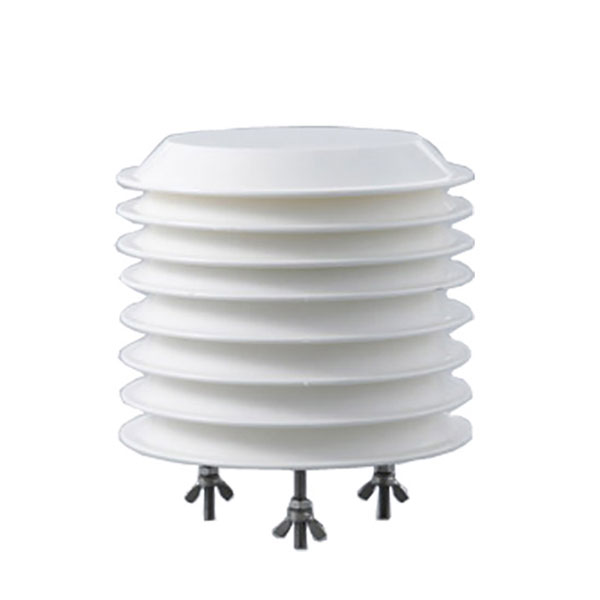 Combined air temperature and relative humidity sensor
Combined air temperature and relative humidity sensor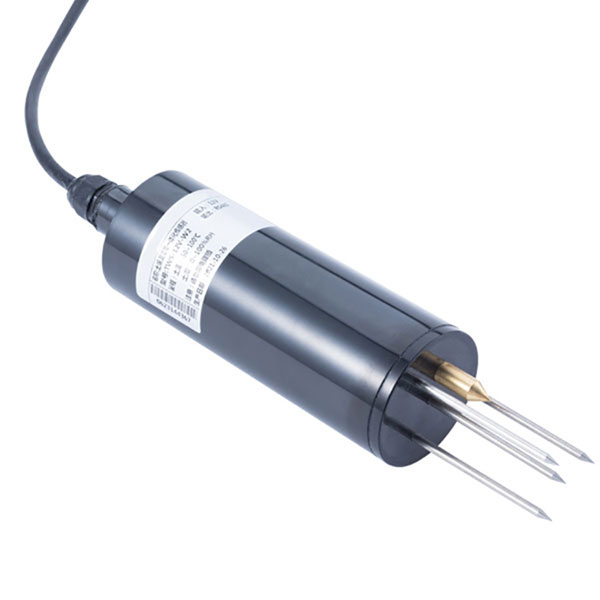 Soil Moisture Temperature sensor for irrigation
Soil Moisture Temperature sensor for irrigation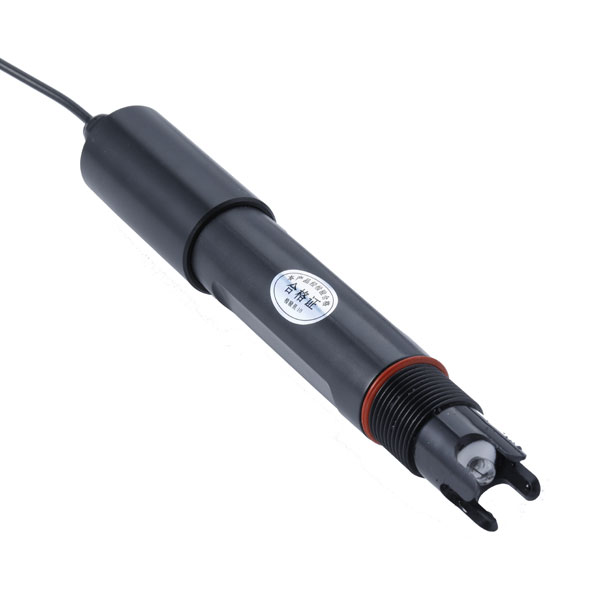 Soil pH sensor RS485 soil Testing instrument soil ph meter for agriculture
Soil pH sensor RS485 soil Testing instrument soil ph meter for agriculture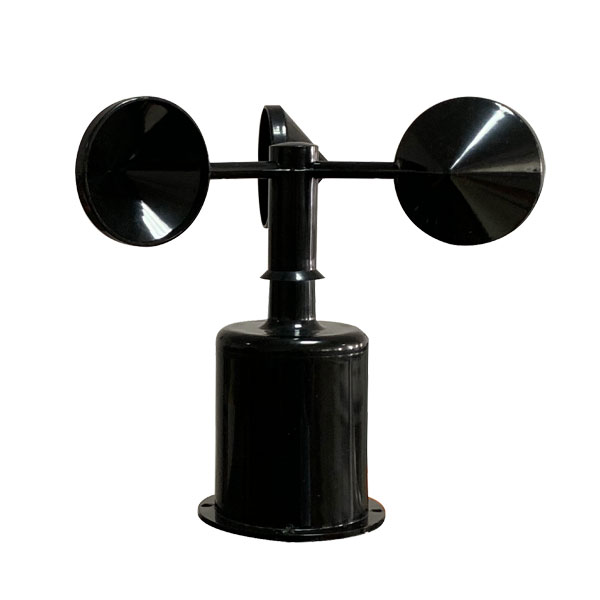 Wind Speed sensor Output Modbus/RS485/Analog/0-5V/4-20mA
Wind Speed sensor Output Modbus/RS485/Analog/0-5V/4-20mA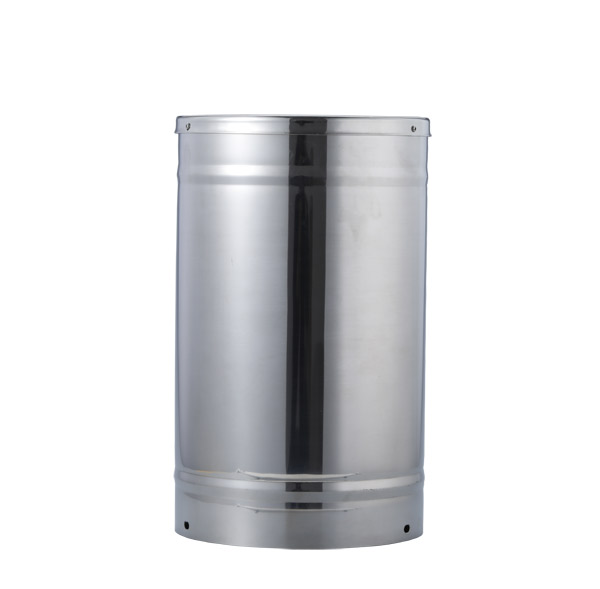 Tipping bucket rain gauge for weather monitoring auto rainfall sensor RS485/Outdoor/stainless steel
Tipping bucket rain gauge for weather monitoring auto rainfall sensor RS485/Outdoor/stainless steel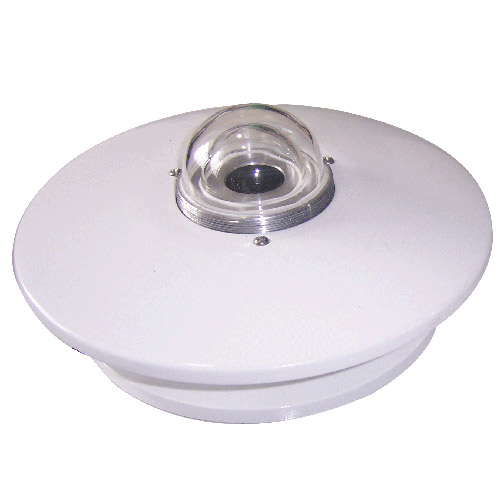 Pyranometer Solar Radiation Sensor 4-20mA/RS485
Pyranometer Solar Radiation Sensor 4-20mA/RS485
Screenshot, WhatsApp to identify the QR code
WhatsApp number:+8615367865107
(Click on WhatsApp to copy and add friends)
